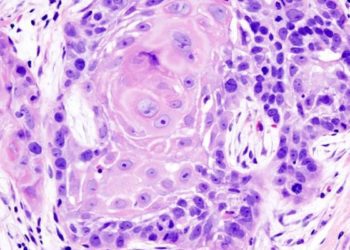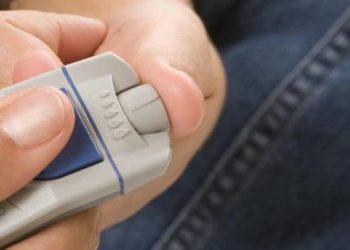Pharmacy based smoking cessation programs not found to be effective in increasing quit rates in community settings
1. Participants randomized into smoking cessation training cessation sessions in community pharmacies in English and Wales were not found to have greater quit rates than control after a 11 month period.
2. There was no significant difference in the program retention rate and quit rate at 4 weeks between the pharmacies that received the training session and those that did not.
Evidence Rating Level: 1 (Excellent)
Smoking cigarettes is one of leading causes of preventable death worldwide, causing over 7 million deaths worldwide each year, with 1.2 million of the deaths being from environmental exposure to tobacco smoke. Smoking cessation has been found to be extremely effective to reduce premature mortality due to smoking at all ages. In England and Wales, the National Health Service (NHS) released a Stop Smoking Services (SSS) to provide free medication and behavioural supports for smoking cessation. These services are available in many different settings, including with general practitioners, at community pharmacies, and at specialist clinics. The NHS SSS reported a 52.4% rate of self-reported smoking cessation in 2018/2019 across all settings. However, in community pharmacies, quit rates were found to be much lower at 19%, due to a number of possible reasons including loss to follow up and poor subject selection. The STOP study was a cluster randomized controlled trial that recruited 60 pharmacies in England and Wales between April 2017 and February 2018 and randomized them in a 1:1 ratio to the intervention group and control group. The intervention was a training session involving role-plays and videos that targeted the engagement of smokers, including sessions on motivational interviewing. The primary outcome was the number ‘treated smokers’ – smokers who joined, set a firm quit date, and attended at least one consult on or before their set quit date. Between the two groups, there was no significant difference with respect to total number of treated smokers (IRR 0.75; 95% CI, 0.46-1.23, p=0.259). With respect to secondary outcomes, between the two groups, there was also no significant difference in treated smoker retention rate and quit rate at 4 weeks. Study findings suggest that comprehensive behavioural and communication skill based interventions provided by pharmacies may be an ineffective intervention tool to promote quitting cigarettes, though this will require further exploration in future studies.
Click to read the study in BMC Medicine
Image: PD
©2022 2 Minute Medicine, Inc. All rights reserved. No works may be reproduced without expressed written consent from 2 Minute Medicine, Inc. Inquire about licensing here. No article should be construed as medical advice and is not intended as such by the authors or by 2 Minute Medicine, Inc.






![The ABCD2 score: Risk of stroke after Transient Ischemic Attack (TIA) [Classics Series]](https://www.2minutemedicine.com/wp-content/uploads/2013/05/web-cover-classics-with-logo-medicine-BW-small-jpg-75x75.jpg)